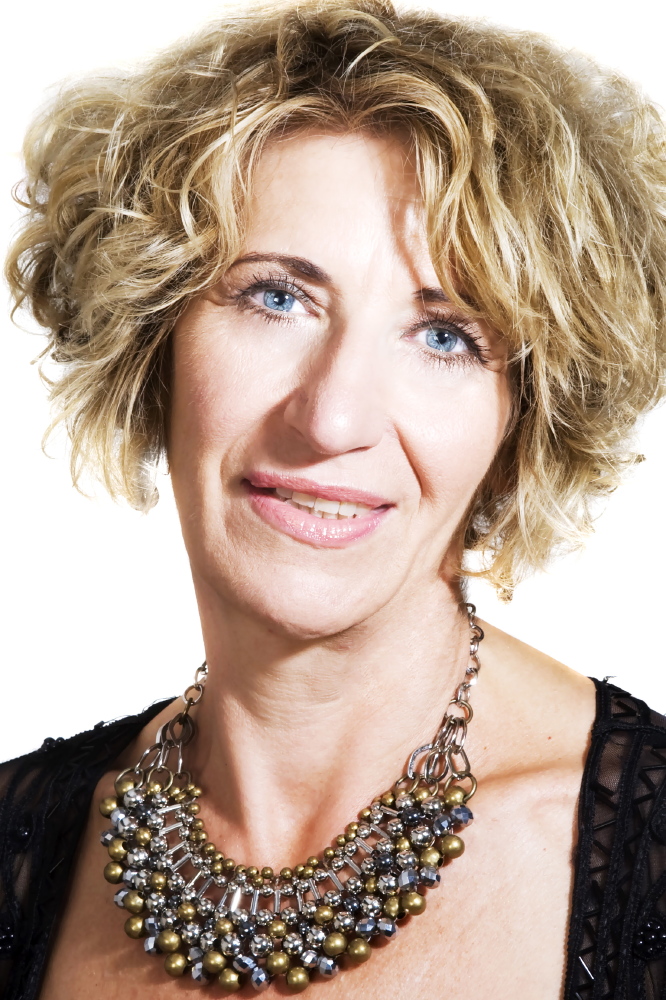Tessa Broad tried for years for children; she suffered the indignities of unsympathetic and callous doctors, public humiliation and the constant questions about the state of her fertility. This is a book addressed to the children she never had. A moving account of how hard she tried to have them; advice on life, love, and everything in-between. Today she tells us what writing the book meant for her.

Tess Broad
I feel that by writing the letter I have properly acknowledged to myself the grief, and pain of being childless by circumstance. It has been a way of allowing myself to mourn my ‘loss’. I think it’s fine to put a public brave face on things as long as you have acknowledged the hurt to yourself and have sought the healing you need. At times writing this letter has made me feel sad, but mostly it has been an uplifting thing to do.
I have learned that above all else, writing helps me deal with unwelcome feelings. I have always kept journals and find that writing things out is a soothing and positive way of working through and releasing painful thoughts.
I have learned that grief in whatever its form is not something to simply deal with, get over, and move on from. To land in this positive place beyond childlessness has required a shift in focus. To move away from a life pining for a baby has been a very gradual process; it’s not just like stepping over a line. Writing to my imagined adult children is an acknowledgment of the fact I still miss having children in my life and it has helped me understand how it feels to have that craving denied. It’s been a slow acceptance of a role that embraces the advantages of not having children, while still acknowledging the odd shot of pain. It is a gradual healing
Writing the letter as an imagined mother has given me a peace within myself. I used to feel anger towards those mothers who would make remarks that made me feel inferior. That parenthood had given them a different set of emotional sensitivities and that being a mother means a greater empathy for other mothers. In the past I fear I have been too sensitive in viewing such remarks as an implication that as a non-mother I would feel less empathy. My anger in the past I think is from my frustration at feeling excluded. I don’t feel hurt by such comments now as I realize that feeling ‘less than’ as a woman comes from within and not from others. These parents are merely acknowledging how parenthood has changed them, as inevitably it will have done; as being a non-parent has shaped me, but it has not made me less of a woman. I am no longer battling to have a status I cannot own; it’s a gentle acceptance only now settling within me and it has come because I feel more complete as a person; as a non-mother.
Writing of my values, my loves and pet hates and of the upbringing I had envisaged for my children has been an indulgence for me. I have grown to understand myself better. I feel I have immersed myself in the pleasure and joy of parenthood; it has filled a void.


